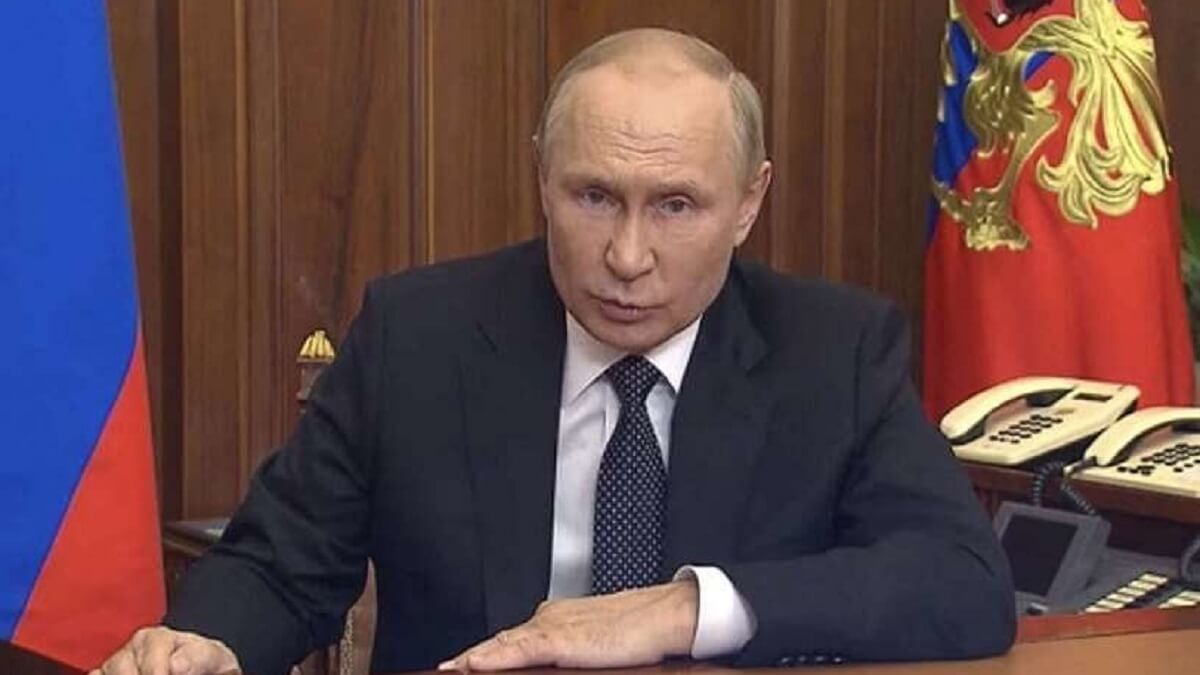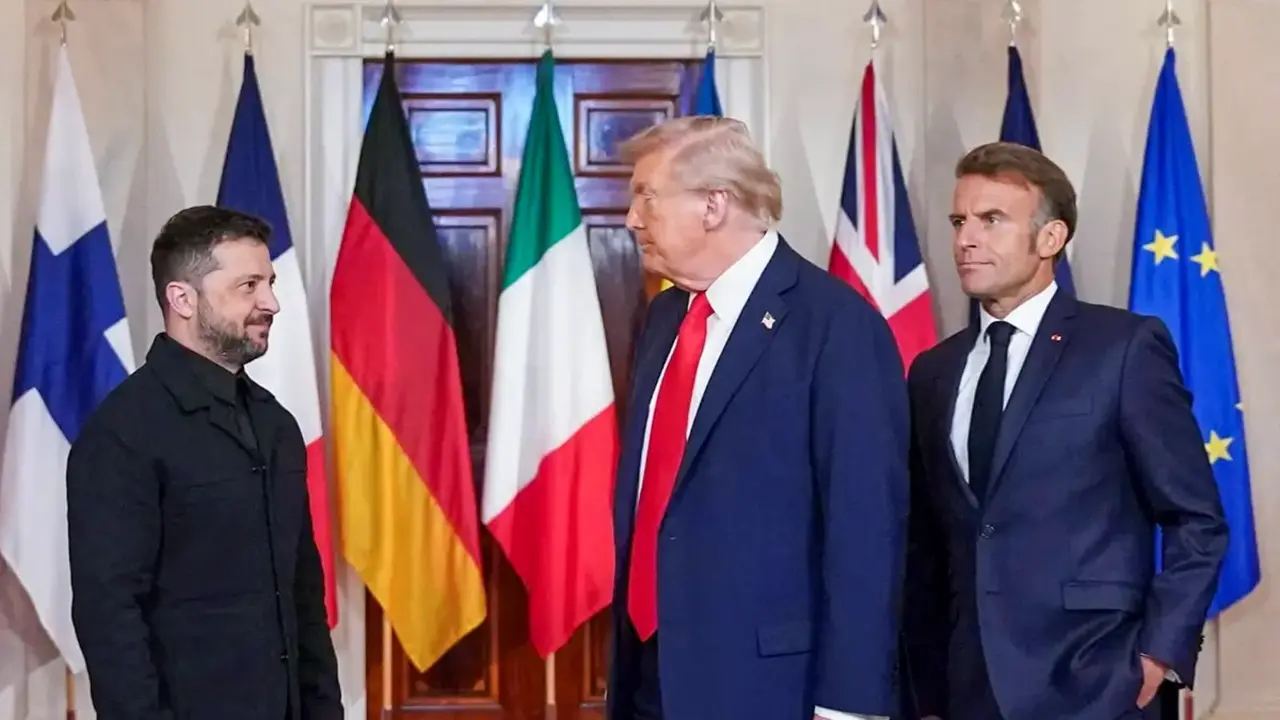Algerian army general visits Moscow: what's the latest on Russian-Algerian military cooperation?

Russian Defence Minister Sergei Shoigu held talks with the Chief of Staff of the Algerian Armed Forces, Lieutenant General Saïd Chengriha, during a meeting in Moscow earlier this week. According to a press release from the Algerian Ministry of Defence, the visit was organised at the invitation of the Russian Defence Minister to discuss strengthening cooperation between the People's National Army and the Russian Armed Forces.
On his arrival at Moscow airport, Saïd Chengriha was received by the Deputy Defence Minister of the Russian Federation, Alexandre Fomine. According to a press release from the Algerian Ministry of Defence, the Lieutenant General was welcomed by the national anthems of Algeria and Russia, as well as a military parade performed by units of the Russian Army. Before going to the Ministry of Defence, Saïd Chengriha met Army General Alexander Fomine and Dimitri Chugaev, Director of the Federal Service for Military and Technical Cooperation of the Russian Federation, in the airport's VIP lounge, in the presence of the Algerian ambassador to Russia.

During their meeting, the Russian Defence Minister noted that Russian-Algerian relations are developing in a particularly dynamic and positive way, thanks to the friendly relations of trust that have developed between the leaders of the two countries. In fact, last June, Presidents Vladimir Putin and Abdelmadjid Tebboune met in Moscow to sign a Declaration on a deeper strategic partnership, designed to give new impetus to relations between the two countries. Sergei Shoigu recalled this event in particular.
The Russian army chief also emphasised the importance Russia attaches to issues of sovereignty, particularly when they concern national security. The Defence Minister went on to say: “We have given a clear signal to the whole world that Russia and Algeria are determined to pursue an independent foreign policy and to defend their national interests, despite unprecedented pressure from the West”.

At the same time, the Russian Ministry of Defence affirmed its intention to contribute to improving the combat capabilities of the Algerian People's National Army, a decision that was welcomed by his Algerian counterpart. Saïd Chengriha also recalled that the Algerian people still have a vivid memory of the positions occupied by the Soviet Union in 1954 during the Algerian revolution, as well as the benefits and assistance provided by the Russian Federation to the Algerian People's National Army to strengthen its defence capabilities and deal with the threats and challenges facing the country.
A historical military cooperation
Historically, the relationship between Algiers and Moscow dates back to the Soviet era. Faced with Western reluctance to supply the weapons it wanted, Algeria turned to the USSR. Between 1962 and 1989, Algiers acquired some of the most modern Soviet weaponry, spending around eleven billion dollars on aircraft (MiG-21, MiG-23 and Su-24), tanks (T-55 and T-72), armoured vehicles and various ships (corvettes, frigates, patrol boats, submarines), light weapons and ammunition.

From the end of the 1980s, Moscow's aid slowed down and only picked up again under President Abdelaziz Bouteflika. From the 2000s onwards, Russian-Algerian military-technical cooperation intensified, making Russia Algeria's leading arms supplier. In 2001, President Bouteflika visited Moscow, where two important documents were signed: an agreement between defence ministries and a declaration of strategic partnership - the first treaty of this kind signed by Russia with an Arab or African country.
Another important point in the Russian-Algerian relationship is the debt forgiveness, estimated at 4.7 billion dollars, granted by Russia to Algeria during Vladimir Putin's visit to Algiers in 2006. This is important for understanding the strong military-technical cooperation between the two countries, since in exchange for this remission, Algeria undertook to spend an equivalent amount on the purchase of Russian arms, making it the largest arms transaction in post-Soviet Russia.
In 2013, data from the Stockholm International Peace Research Institute (SIPRI) estimated that Algiers imported 91 % of its armaments from Russia, spending $1.9 billion on Russian arms and military equipment.

Algiers-Moscow relations have accelerated since the war in Ukraine
Bilateral meetings between Algiers and Moscow have been frequent since the start of the war in Ukraine. This is the third visit to Moscow by the Chief of Staff of the Algerian Army since he took office at the end of 2019. In addition to the many official visits between Russian and Algerian officials in recent years, the two countries have also conducted several military manoeuvres, including the Vostok exercises in September 2022.
During the votes at the United Nations, Algeria was one of the countries that abstained from condemning the military operation in Ukraine, not wishing to alienate itself from its Russian partner. In reality, both countries are taking advantage of the situation: Russia is demonstrating that it is not all that isolated on the international stage, while Algeria is trying to raise its status on the international stage by offering to mediate in the conflict, but above all by taking advantage of the surge in hydrocarbon prices to offer its oil to Western countries.

Algeria, a Russian rear-front in a future war in the Sahel?
At the meeting between Sergei Shoigu and Said Chengriha earlier this week, the head of Russia's military department stressed that Russia is interested “in Algeria's leading position in strengthening regional security and stability in North Africa”. In 2015, Mansouria Mokhefi, special adviser on the Middle East and Maghreb at IFRI, noted that Russian-Algerian military cooperation had enabled Algeria to become one of the main military powers in the Maghreb, the only country capable of combating the insecurity and destabilisation caused by the upheavals in Africa.
Algiers is therefore of vital importance to Russia as it seeks to develop its influence in Africa, from which traditional Western forces have gradually been expelled by the Russian Wagner group. An article published by Al Arab news argues that Russian-Algerian relations are moving towards greater harmony, making it harder for the West to dismantle them and perpetuating geopolitical shifts in the region. In their view, Algeria would fall into the category of forces loyal to the Eastern camp, despite its geographical location.

Finally, this meeting cannot be treated in isolation from the events currently unfolding in Niger. Algeria condemned the coup d'état in its early hours, giving its support to President Mohamed Bazoum. However, it does not share the position of ECOWAS, which it has discouraged from using military force, while calling on Niger to remain calm. While the call for calm and a peaceful resolution to the conflict seems entirely reasonable, this position is nonetheless shared by Mali, Burkina Faso and Guinea, the three other countries allied to Russia and Wagner that have suffered a military putsch in recent years.








